Creating a budget for your new home sounds easy, but the process can quickly become more than a little overwhelming. Even upgrades that seem fairly minor can increase the total cost of your New Jersey home. These budgeting tips will help you ensure that your purchase includes the features you need and want.
Scour Real Estate Websites for Information on Comparable Houses
Regional estimates provide a starting point for your budget, but they may not offer an accurate assessment of the price you’ll pay in the neighborhoods you’re considering. Luckily, spending a few evenings conducting a little research can give you an idea of the cost of both existing homes and new construction in your desired neighborhoods.
Prices can vary from neighborhood to neighborhood, depending on the desirability of a particular area. Many factors can make a new home community more desirable than a similar community five miles down the road, such as quality of schools, civic pride, average square footage, lot sizes, local activities and services, and convenience to transportation, shopping and amenities.
Look at the major real estate sites, such as Realtor.com or Trulia.com, in addition to local builder websites. Real estate listings provide valuable information about the stability of a new home community. Pay particular attention to the number of homes that are on the market just a few years after they were built.
A mass exodus may mean that there are problems with a community. If a particular new home community offers prices that are significantly lower than you would expect, be a little suspicious. Although you can get a good deal in lower-priced communities, you may find that it’s more difficult to sell your property or realize a good return on your investment.
Consider the Financial Variables
Obviously, finances play an important role in your decision. When you’re creating your budget, consider these questions:
- Do you plan to pay for your new home in cash or finance the purchase? How much will you pay monthly if you’ll have a mortgage?
- What is the average tax bill for a new home that’s similar to the one you’re considering? Although taxes are higher for new construction than existing homes, you probably won’t have to worry about repairs or replacements for some time when you choose new construction. Most builders offer home warranties for a year or more that cover common repairs.
- How quickly are home values increasing? If you don’t buy a home now, how much more can you expect to pay in a year or two?
- Are closing costs wrapped into the financing option offered by the builder or are they separate? Closing costs usually range from 2 to 4 percent of the purchase price of the home.
- How much will you pay in other fees? Property insurance, electricity, heating costs and fees for other services add to the carrying costs of your new home.
Think About the Features You Want
Most people have a few non-negotiable items on their home buying lists, such as an attached garage, large lot or spacious kitchen. The more features a particular community offers, the more expensive the homes. When you create your list of must-have features, consider:
- Bedrooms and Bathrooms: How many do you need? Do want a dedicated guestroom or a first floor master suite?
- Lot Size: Is a smaller lot fine with you, or do you want to spend more on a double lot that offers plenty of room to put in a garden or putting green.
- Flooring Types: Carpeting is the cheapest type of floor covering. Hardwood and tile floors will cost more if they’re not standard.
- Room Sizes: Are the rooms big enough to fit your furniture? Can certain rooms be expanded?
- The Kitchen: Do the kitchen offer the upscale features you prefer, such as granite countertops, custom cabinets, high-end appliances and an island.
It’s also important to consider which items and features are included in the price of a home. Higher-priced new home communities often offer hardwood flooring, upgraded appliances, large lot sizes and other features that are only options in less expensive communities. When you compare the cost of the upgrades, you may find that the house with the bigger price tag is actually the least expensive option.
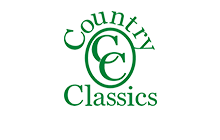

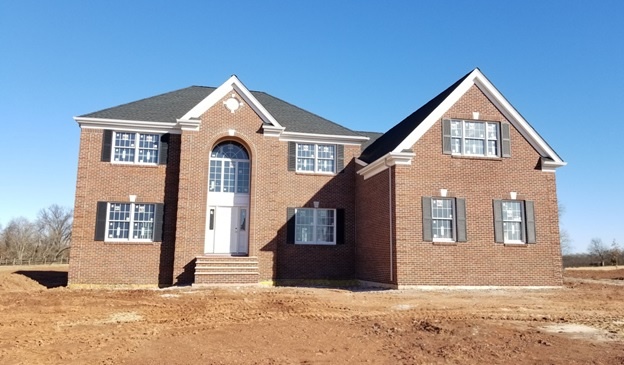
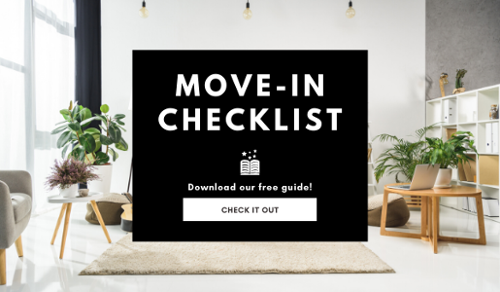
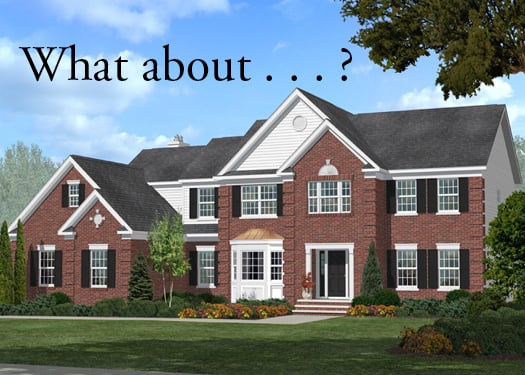
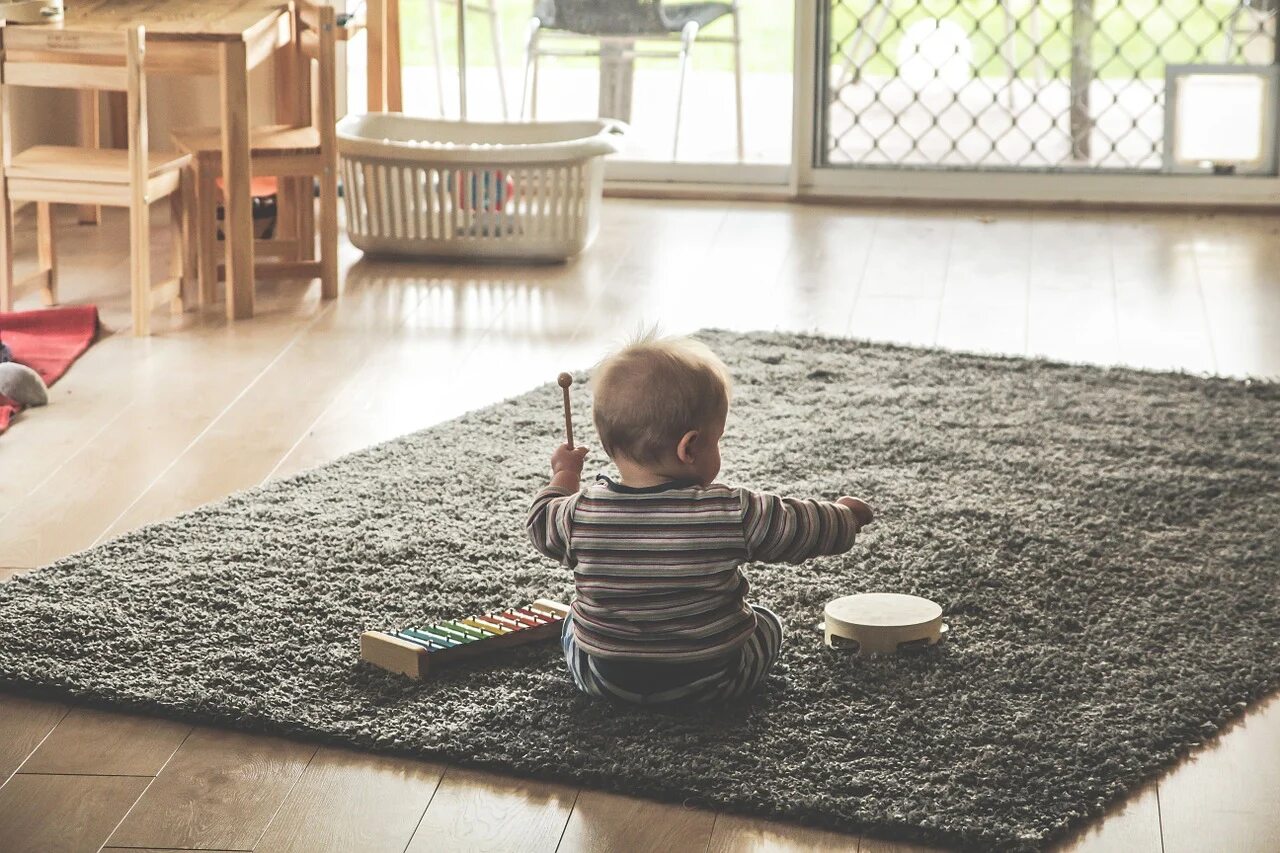









Leave a Comment